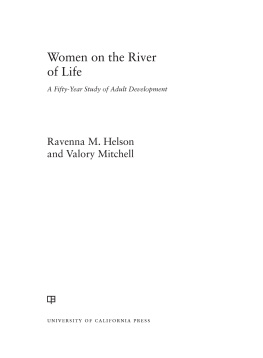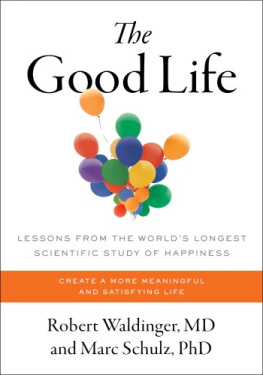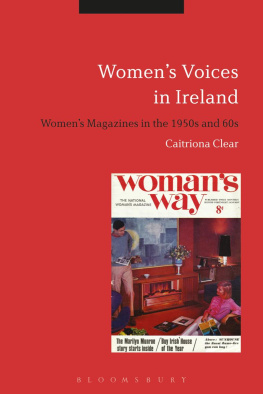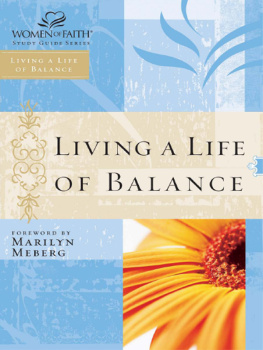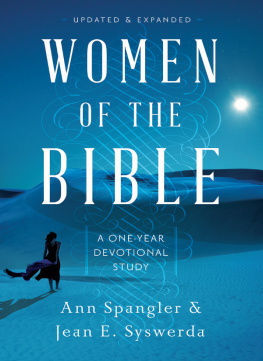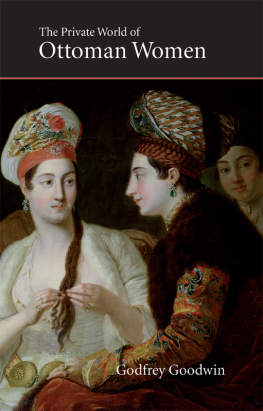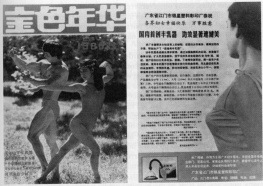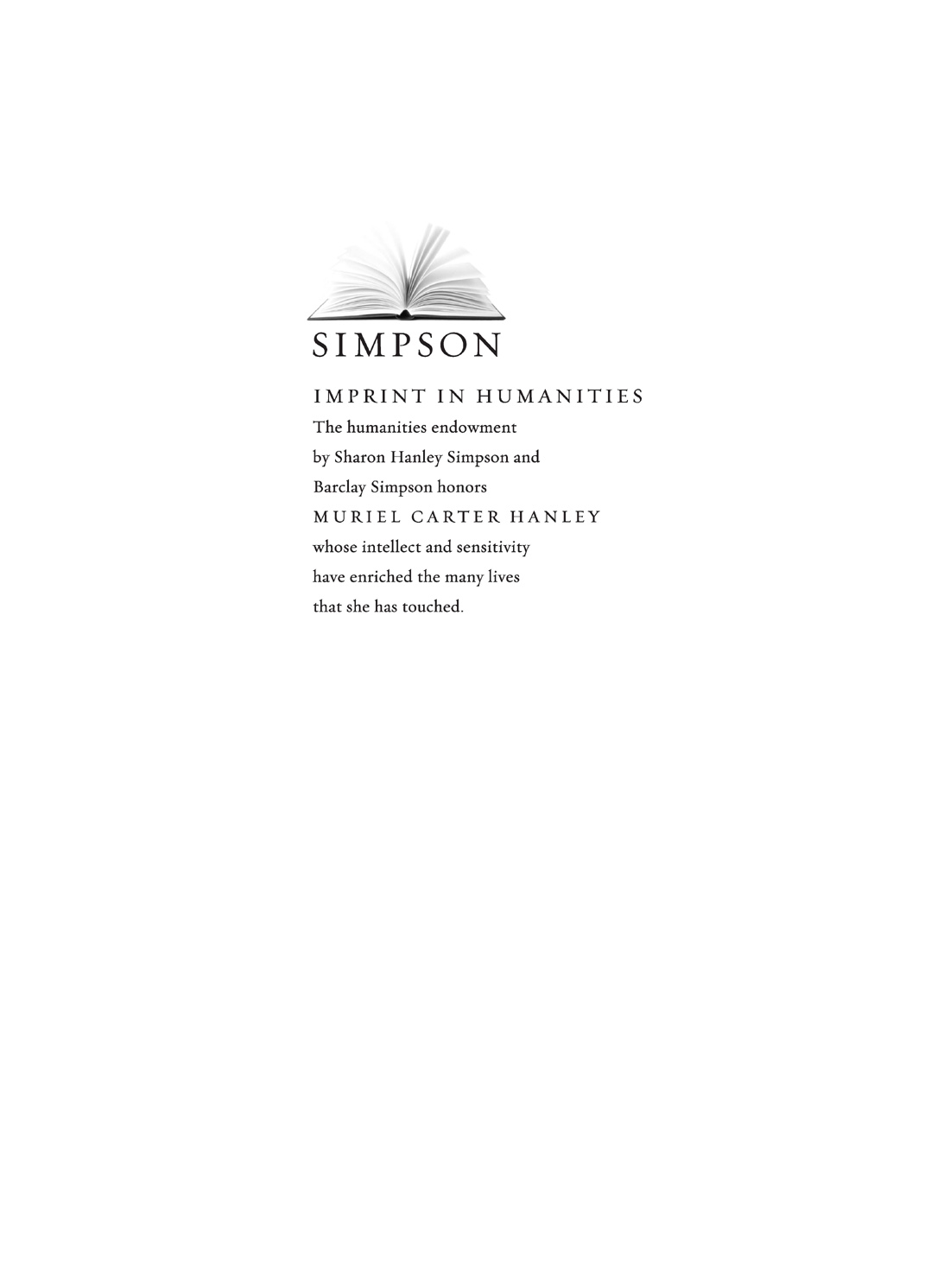Acknowledgments
RAVENNA
Sharing Ideas in Small Groups
Friends are an important source of stimulation and support in the academic world, and they were especially so when I was an introverted researcher and young mother, with only a peripheral affiliation with the universitys Psychology Department. I was drawn to studying lives in multiple contexts, among them the lives of authors of childrens literature, as well as the stories they wrote, and the Jungian theory that gave them meaning.
I loved to be in small groups. They were a formative and sustaining force in my life over many years. They helped me to grow and not feel isolated. Jungs ideas about psychological development figure importantly in the Mills study. My understanding of his ideas was fostered in the Jungian Types group which met for thirty yearswith members including Wayne Detloff, James Jarrett, Marjorie Jarrett, Byron Lambie, Noelle Caskey, and sometimes Joseph Henderson. The diversity and broad knowledge base of this group made for fascinating exchanges.
I was thrilled to explore Jungs concepts in the work of Victorian authors of fantasy for children, many of them women, in a seminar on Victorian childrens literature led by Gardner Stout and Uli Knepffelmacher. Im grateful to Uli, who encouraged my thinking and writing about the pattern of individuation fantasies of women authors in the nineteenth century.
I met regularly with a group of social scientists. I appreciated the support of them all, including Ed Swanson and John Clausen, present and past directors of the Institute of Human Development at the University of California, Berkeley. Carolyn and Phil Cowan were engaged in a major study of couples who were having their first child. Nancy Chodorow wrote a book on the relationships between women and their mothers. Arlene Skolnick was a writer of books on the family; I depended quite a lot on her work for understanding the importance of the Mills women having been born in the mid-1930s.
A toweringly important group in my life was the Personological Society, started by Rae Carlson, and made up of creative and inspiring personality psychologists. In the first days important friends to me included Abigail Stewart, Sylvan Tomkins, Alan Elms, Mac Runyan, Brewster Smith and Jane Loevinger. Later I got to know Irv Alexander, Dan McAdams, Jim Anderson, Ruthellen Josselson and Susan Bluck.
Colleagues
Twice in my lifetime, I wrote psychologists and told them how much I admired their work; one was Rae Carlson. We met for lunch, hit it off immediately, found that we admired each others work, and became firm friends. Rae wrote the well-known article Where is the Person in Personality? and was the first Chair of the Committee on Personality in Division 8 of the American Psychological Association. To many of us her work was a clarion call that we must keep Personality Psychology alive, do good work, keep asking hard questions.
I was very much influenced by Colin Martindales thinking and writing about theories of creativity in literature, and his dissertation gave me a language to use in studying creative work. Colin got together a group of us interested in studying short stories across cultures.
Jack Block was interested in new ideas. I held him in high esteem as an author and thinker. Jack and his wife Jeanne Block were among my best friends on the faculty over the years. Jeanne was a research psychologist at the Institute of Human Development. Jeanne and I initiated a course taught by research psychologists in response to criticism from the University that researchers didnt make a contribution as teachers. We proposed and designed this course of lectures about current work. The lecturers were all researchers at various institutes at Cal, but were not faculty. Jeanne and I shared common problems as academic women.
There are several more psychologists whose friendship taught me a lot. One was Gisela Labouvie-Vief, from whom I learned emotion theory, which was just coming into prominence. Another was Ruthellen Josselson, who was also conducting a longitudinal study of women. Though her study was very different from the Mills study, it was very reassuring that Ruthellens findings supported ours.
Archivists
A number of outstanding students came to us over the years and several of them became archivists for the Mills study. In addition to their fine academic work, they had personal lives that were complex and evolving. I express my deepest appreciation to these fine collaborators.
Kevin Lanning was not an archivist, but his statistical help was much appreciated in getting us started. Jessica Barnes was also not an archivist, but helped in many ways as rater and data analyst. She was central in preparing the Mills data for archiving at the Murray Center.
Geraldine Moane was chosen to be our first archivist because of her strong statistical skills. She worked with Valory Mitchell and me on our first major Mills paper, on the social clock. Ger and I collaborated on our second paper, on how the Mills women changed in personality between college and midlife, and she did her dissertation on how people are shaped by their circle of friends. Ger says coming out as a lesbian in the 70s was a significant aspect of her graduate life. She returned to Ireland and became a professor in the Department of Psychology at University College Dublin, and went on to become an activist in the womens movement there and develop feminist liberation psychology.
Paul Wink became the second archivist of the Mills study. Paul came to us as an older student, having gotten clinical training in Australia where he practiced as a clinician. He was an intellectual force in the IPAR environment. A great gift that Paul gave to the Mills study was training graduate students to do the Q Sort on the Mills women at their age-43 assessment, giving results which have been an invaluable tool ever since. Paul became a professor and chair of the Psychology Department at Wellesley College. He wrote a number of excellent articles. I enjoyed collaborating with him on comparing personality change in the Mills women and their partners, and on two articles on wisdom. I got to appreciate Heinz Kohuts work through Paul.

